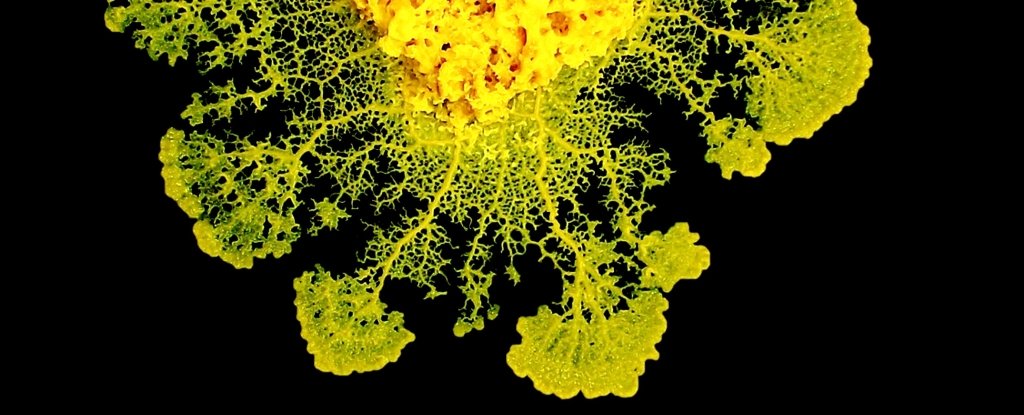
Like other slime molds found in nature, it fills an important ecological role, aiding in the decay of organic matter to recycle it into the food web.
This bizarre little organism doesn't have a brain, or a nervous system – its blobby, bright-yellow body is just one cell."I think it's the same kind of revolution that occurred when people realized that plants could communicate with each other," says biologist Audrey Dussutour of the French National Center for Scientific Research.polycephalum needs to be able to make decisions about its environment.
"We're talking about cognition without a brain, obviously, but also without any neurons at all.So the underlying mechanisms, the whole architectural framework of how it deals with information is totally different to the way your brain works," biologist Chris Reid of Macquarie University in Australia tells ScienceAlert.
It's where it becomes clear that for a lot of these things – that we've always thought required a brain or some kind of higher information processing system – that's not always necessary.".
"That triggered a wave of research into what other kinds of more difficult scenarios we can test the slime mold with," Reid says.polycephalum recreated it almost exactly – except the slime mold version was more robust to damage, wherein if a link got severed, the rest of the network could carry on.
This followed previous research from Dussutour and her colleagues, who discovered that blobs of slime mold could learn and remember substances that they didn't like, and communicate that information to other blobs of slime mold once they fused.
"I guess the analogy would be neurons in a brain," Reid says."You have this one brain that's composed of lots of neurons – it's the same for the slime mold.".
The topology and structure of brain networks and slime mold blobs are very similar, and both systems exhibit oscillations.
polycephalum is not, in itself, a brain
The organism has had a billion years to do so and shows no sign of going in that direction (although if any science fiction writers out there like the idea, feel free to run with it)
In terms of overall biology, slime mold is extremely simple. And by that very fact, it's changing how we understand problem-solvingJust like other organisms, it needs food, it needs to navigate its environment, and it needs a safe place to grow and reproduceIt does so in its own simple way and with its own limitations, says Reid, "but that in itself is one of the beautiful things about the system".Â
"It's teaching us about the nature of intelligence, really, challenging certain views, and basically widening the concept," Reid says